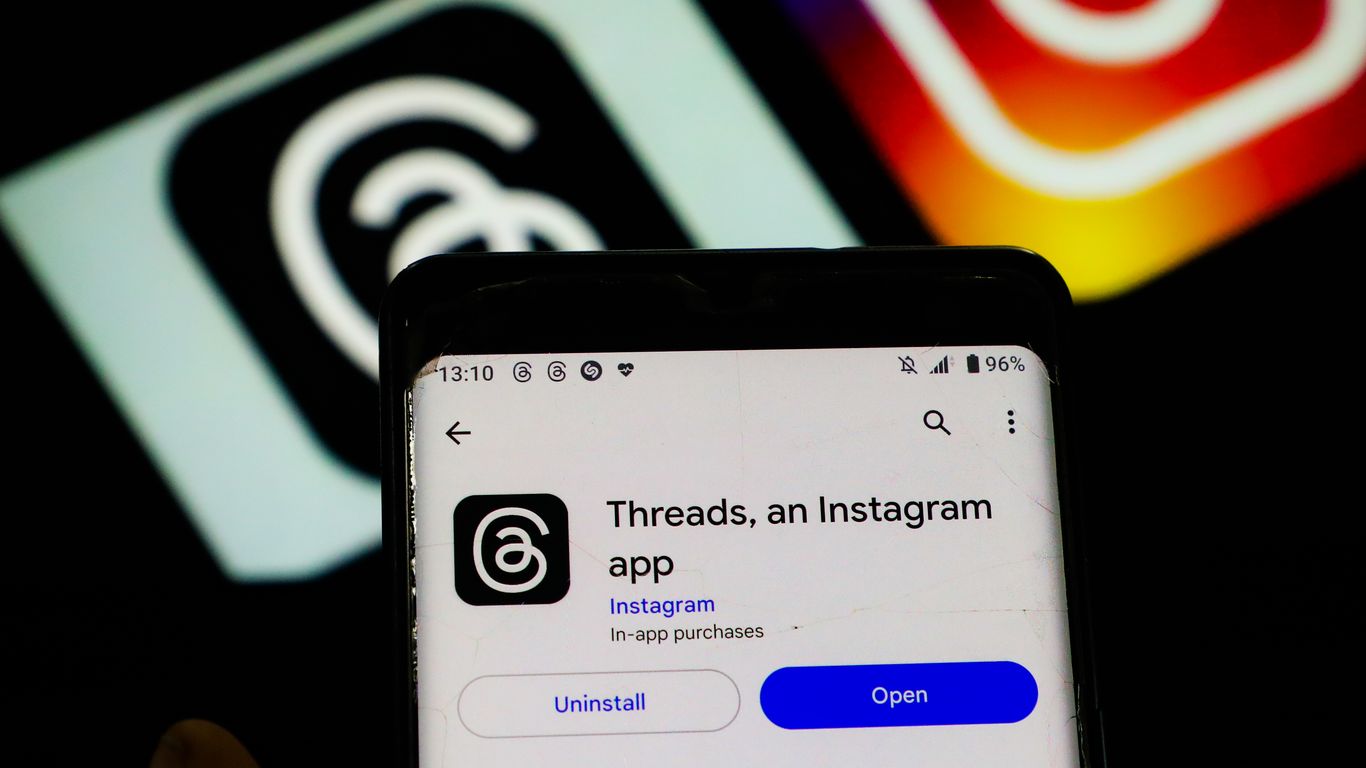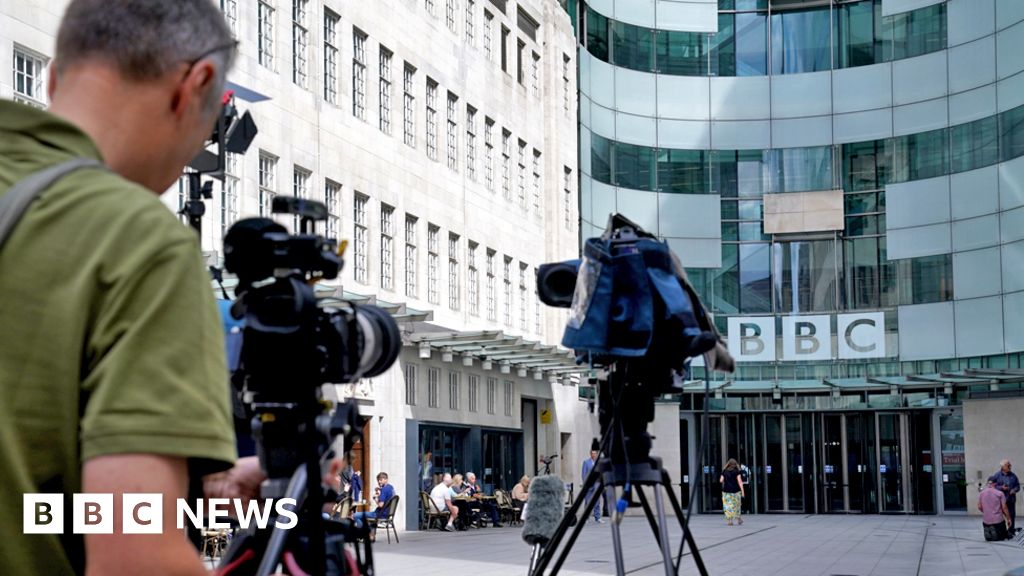- The Publisher Newsletter
- Posts
- Wednesday 12th July: L.A. Times forgoes the paywall with new Latino-focused vertical
Wednesday 12th July: L.A. Times forgoes the paywall with new Latino-focused vertical
Morning! Today's newsletter is brought to you by Chris.
We talk about media redundancies every other week on the podcast. Unfortunately this time the reaper came for my own role at The Drum, and I can confirm that speaking regularly about how it’s never the journalists’ fault does nothing to help with the guilt when it happens to you personally.
Media Voices has been an evenings-and-weekends deal for me for the past few years, so nothing will change in terms of my involvement with the podcast or newsletter. But if you happen to spot any roles or freelance opportunities that can help fill my 9 to 5, I’d really appreciate you sending them over. Thanks!
There’s a fascinating part in this Nieman Lab article in which its author Hanaa’ Tameez breaks down the L.A. Times’ previous attempts to speak to the city’s Latino population. Each, on its own, succeeded — but the disconnect between the newspaper and the Latino population remained. Even when the general manager and editorial director for Latino Initiatives (Angel Rodriguez and Fidel Martinez respectively) pitched a vertical dedicated to that sizeable audience, they were instead initially told to launch a newsletter.
But now, with De Los, that’s changing. Here Martinez explains why, to succeed, the section needs to launch without a paywall: “One of the ways in which we’re hoping to rebuild trust is by putting everything that we do in front of the paywall. It didn’t feel right to be like, ‘Hey, we know we’ve ignored you for so long, but we’re building this thing for you and in order for you to access it, you have to pay for it.'”
Now, I would love to hear your thoughts on this. Only a few years ago it was heresy to some of you to suggest that news content should ever be offered for free. In this article Martinez breaks down the thought process behind making it accessible to all, and how they believe that will deliver value back to the parent L.A. Times brand. Please let me know if you agree with their argument!
In this article for journalism.co.uk Jacob Granger (who’s a class act worth a follow anyway) takes a look at some of the tools and sites that are providing provenance for news publishers online. As the intro makes clear the rise of disinformation is making it tricky to determine the authenticity of news online, so efforts like these are quickly going to become as necessary as the news alongside which they run.
If you want proof that Meta launched Threads in minimum viable product form look no further than the fact its monetisation plans are still being formulated. A few good insights in this quick hit from Axios, but most notable is the idea the platform is waiting to hit a critical mass of users before it starts dropping ads in the feed. 100 million isn’t critical mass, it turns out. Also check out this analysis from Charlotte Henry for why Threads needs news to work.
An update on the increasingly messy saga of the BBC presenter accused of misbehaviour that Peter included in yesterday’s newsletter. There’s now a second reported incidence of that presenter being abusive to a young person. We’re not getting into the weeds of the accusations as that’s not our remit, but this story is rapidly becoming about the BBC and its domestic reputation. As the joke I saw yesterday goes, it’s called BBC News because it reports on the BBC.
More from Media Voices






